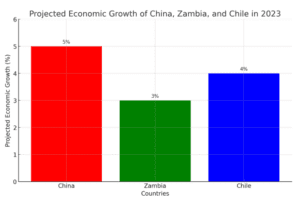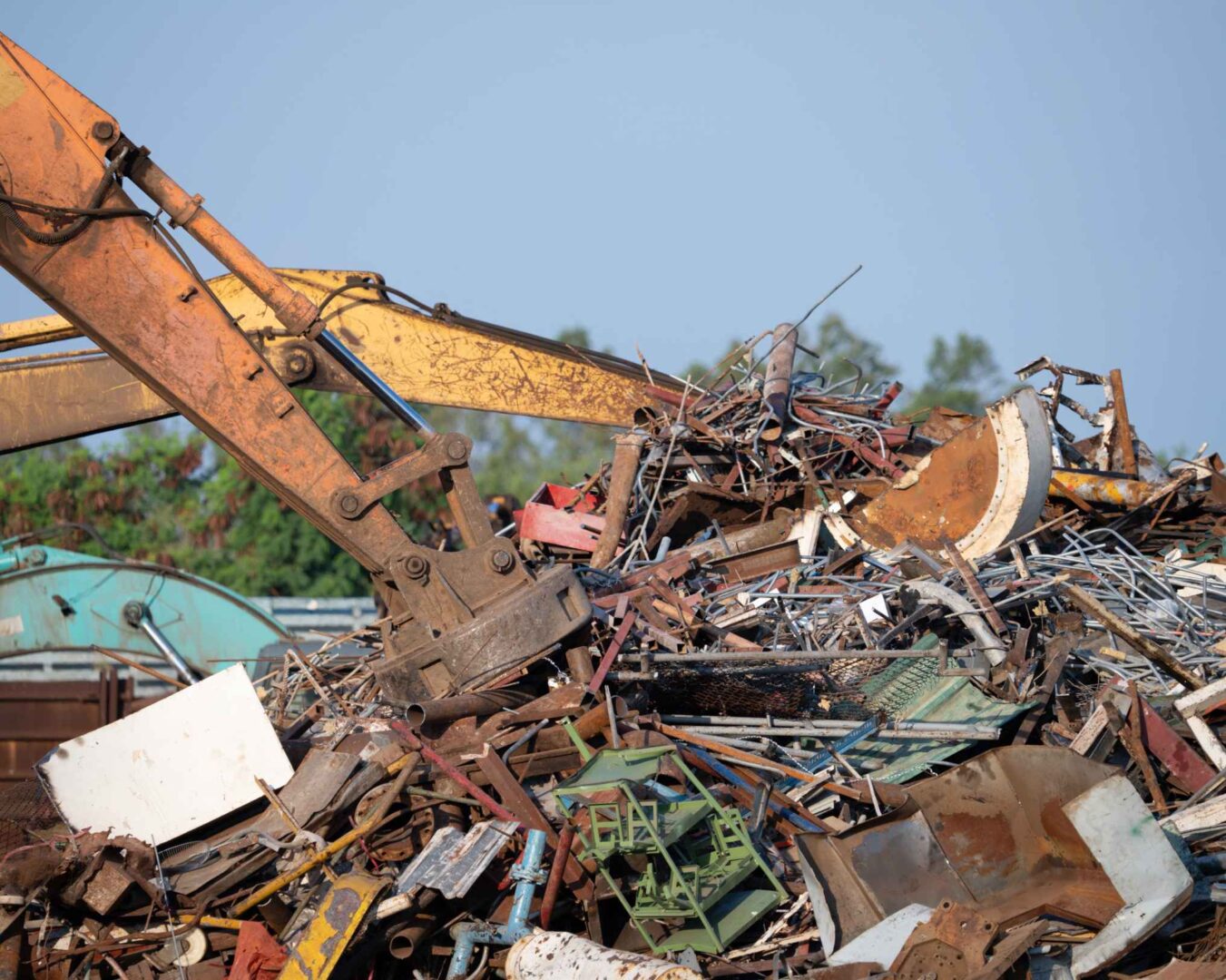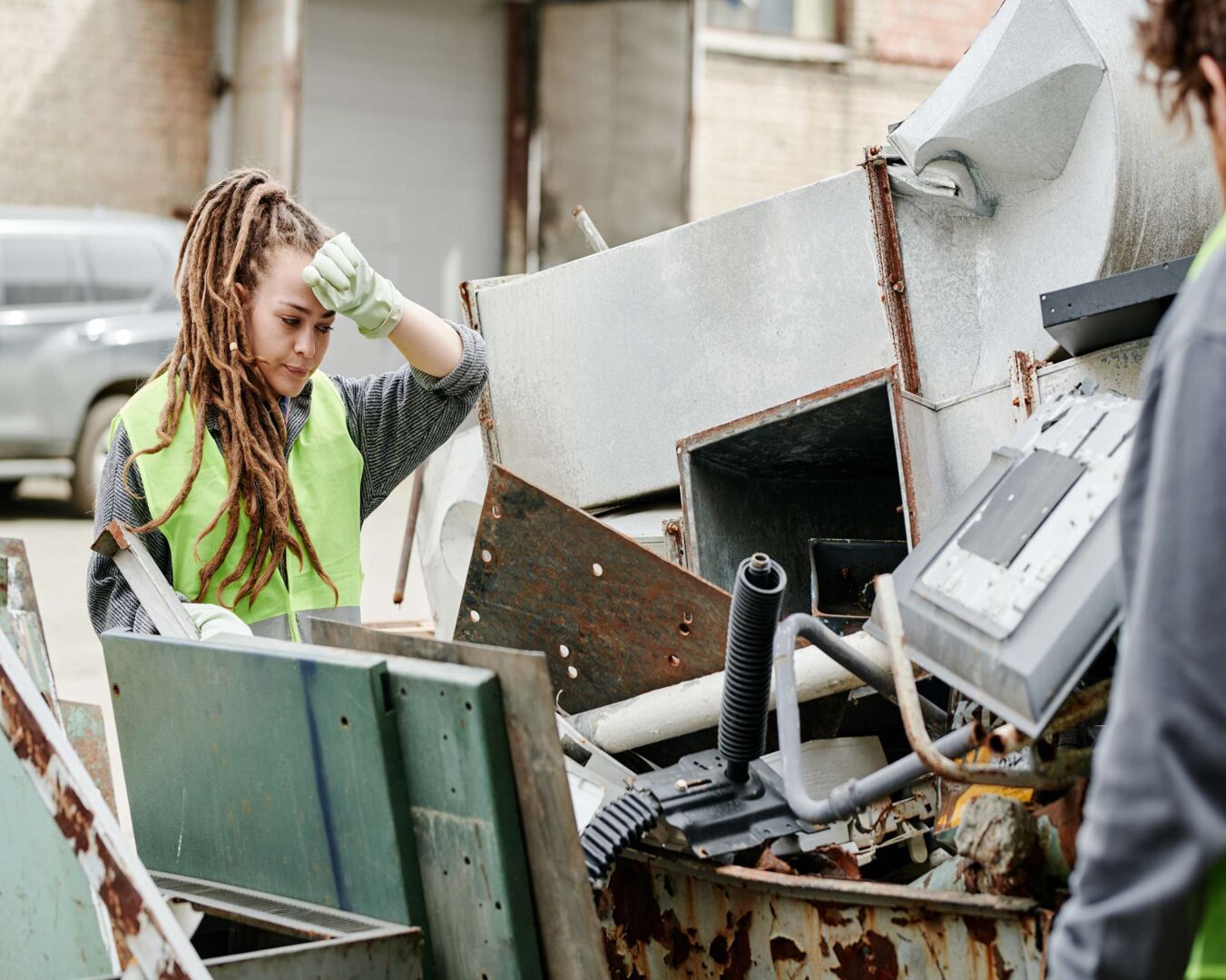In 2023, as the globe confronts the mounting tide of waste dilemmas, the innovative concept of Beneficial Reuse shines through, offering a glimmer of hope in the darkness.
According to a recent report by Harris Williams, the circular economy is beginning to reshape traditional business models, signaling a transformative shift in our approach to waste and resources. But how did we get here?
The average American generates a staggering 4.9 pounds of trash daily, with only 32% of this waste being recycled or composted, as highlighted by Ruby Home.
This article delves deep into the economic and environmental prowess of Beneficial Reuse, offering insights fortified by the latest 2023 data.
Table of Contents
The Current State of Waste Management
The modern world is plagued by escalating waste generation. The Waste Dive team anticipates complex trends in waste management for 2023, including debates on plastics, climate risks, and the impact of industry consolidation. The inefficiencies in current waste management practices exacerbate the crisis, emphasizing the urgent need for innovative solutions.
- The Reality of Waste Generation
The U.S. generated a whopping 292.4 million tons of municipal solid waste in 2018, translating to 4.9 pounds of waste per person every day. This alarming rate of waste production underscores the pressing need for sustainable solutions.
- The Environmental and Economic Impact
The ramifications of improper waste management are vast, affecting both our environment and economy. The depletion of natural resources, coupled with the strain on economic structures, necessitates a reevaluation of our waste disposal methods.
The Concept of Beneficial Reuse
Beneficial Reuse is not just another buzzword. It’s a transformative approach distinct from recycling and liquidation. Instead of discarding items, they are donated to communities in need, fostering both community development and environmental conservation.
- Defining Beneficial Reuse
Beneficial Reuse focuses on transforming waste into opportunities. It’s about economic sustainability, efficient resource management, and reducing environmental impact by donating items to communities, rather than discarding them.
- The Mechanism of Beneficial Reuse
This approach operates through a meticulous process. By repurposing items, we not only reduce waste but also empower communities, creating a ripple effect of positive change.
The Global Economic Landscape and Waste Management
Recent reports from Harris Williams and Waste Dive have shed light on the global economic challenges intertwined with waste management.
The Western news media has been focusing on China’s recovering economy, which is crucial given its significant role in the global waste market.
With China’s economy projected to grow by 5% this year, it’s evident that their waste management practices will have ripple effects across the globe.
- China’s Economic Resilience: Despite challenges like a shrinking population due to its one-child policy and youth unemployment rates reaching 21.3%, China’s economy remains resilient. Their swift domestic market strategies, like the Home Appliances in Rural Homes program in 2007, have shown their adaptability in the face of global economic downturns.
- Interconnected Economies: The global economy is deeply interconnected. For instance, almost 20% of Zambia’s GDP and 10% of Chile’s GDP are based on their exports of copper and iron to China, as highlighted by The Economist. A shift in China’s waste management practices could have significant implications for these economies.
Economic Sustainability and Beneficial Reuse
Beneficial Reuse is not just about being eco-friendly, it’s also economically savvy. Companies can realize substantial cost savings, making it a financially viable alternative to traditional disposal methods.
- Cost Efficiency and Savings
Adopting Beneficial Reuse can lead to significant cost savings. For businesses, it’s an opportunity to reduce waste management expenditures while also making a positive impact on the community.
- Tax Benefits and Incentives
Beyond the cost savings, Beneficial Reuse offers tax advantages. Companies can maximize value through donations, enhancing their economic sustainability and boosting their bottom line.
Traditional Waste Management vs. Beneficial Reuse
To truly understand the impact of Beneficial Reuse, let’s delve into a comparative analysis backed by real-world stats:
- Waste Generation: The U.S. generated 292.4 million tons of municipal solid waste in 2018. Traditional waste management has struggled to address this volume efficiently.
- Economic Impact: Traditional waste management methods have significant costs associated with transportation, processing, and disposal. In contrast, Beneficial Reuse offers substantial cost savings, tax benefits, and positive community impacts.
- Environmental Footprint: Traditional methods often result in higher carbon footprints due to transportation and processing needs. Beneficial Reuse reduces this footprint by directly donating items to communities.
The Impact on Communities
Donations through Beneficial Reuse empower local communities. It’s a win-win: communities benefit from the donations, and companies enhance their societal image.
- Community Empowerment
It addresses immediate community needs, promoting societal development and creating a ripple effect of positive change.
- Social and Environmental Responsibility
Companies that adopt Beneficial Reuse practices elevate their ESG score, underlining the critical role of corporate responsibility in shaping a sustainable future.
Happen Ventures’ Program
Happen Ventures is a testament to the transformative potential of Beneficial Reuse. Their program has manifested tangible results, showcasing the power of this approach. Happen Ventures is leading the charge in transitioning from a linear to a circular economy, optimizing resources, and minimizing waste.
Conclusion
Beneficial Reuse is more than just a concept, it’s a solution. As we face pressing waste management challenges, this approach offers hope for a sustainable and economically efficient future. By embracing this innovative approach, we can collectively contribute to building a sustainable and economically resilient future, where waste is not an end but a beginning of new opportunities.





